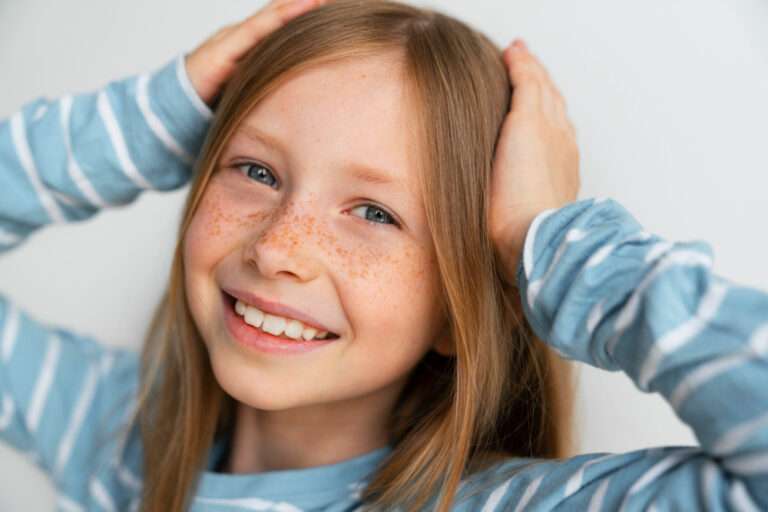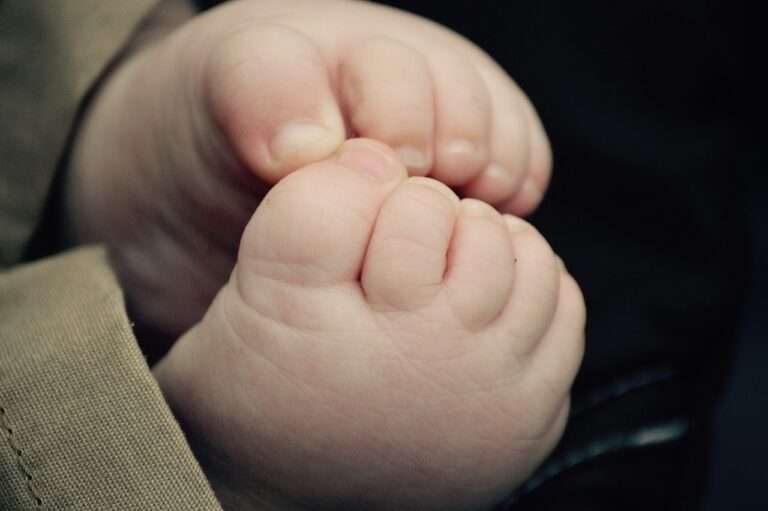Traction alopecia in children
Traction alopecia in children is a form of hair loss caused by continuous tension or pulling on the hair follicles, commonly resulting from certain hair styling practices.
Causes
- Hairstyles: Traction alopecia is often caused by wearing the same hairstyle for long periods, especially those that tug on the hair, like braids, weaves, cornrows, tight ponytails, heavy locks, and hair rollers. Tight hairstyles applied to relaxed hair can cause even further damage. The constant pulling loosens the hair from the follicles, leading to hair loss.
Symptoms
- Early Signs: Small flesh-colored or white bumps may appear around hair follicles where the hair is pulled most tightly. This is followed by symmetric hair loss, typically most noticeable around the hairline. Initially, traction alopecia is temporary, but if hairstyling habits remain unchanged, the hair loss may become permanent.
Treatment
- Early Stage Management: The best treatment in early stages is to limit or eliminate hairstyles that pull on the hair. Wearing hair in loose styles, especially overnight, and reducing the use of chemicals and heat during styling are recommended.
- Medical Interventions: In cases of scalp tenderness, bumps, or inflammation, topical antibiotics or corticosteroids may be used. For more severe cases, treatments may include oral antibiotics, injected corticosteroids, or topical minoxidil.
- Advanced Cases: Once scarring occurs, hair transplantation may be one of the few available options. The best approach to managing traction alopecia is prevention.
Prevention and Care
Preventing traction alopecia involves choosing hairstyles that do not exert excessive tension on the hair. Parents and caregivers should opt for looser hairstyles for children and avoid tight hairdos that can lead to prolonged tension on the hair follicles. Regularly changing hairstyles and minimizing the use of heavy hair accessories can also help prevent this condition.
Important Considerations
- Monitoring Hair Health: It’s important to monitor children’s scalp health, especially if they frequently wear hairstyles that could cause traction alopecia. If signs of hair loss or scalp irritation are observed, it’s advisable to change the hairstyle and seek medical advice if necessary.
- Consultation with Specialists: In cases of persistent hair loss or scalp issues, consulting a dermatologist or pediatrician can provide guidance on appropriate treatment and hair care practices to promote hair regrowth and scalp health.
Traction alopecia in children is a preventable condition, and awareness of the risks associated with certain hairstyles is key to ensuring the healthy growth and maintenance of a child’s hair.
------------From our Sponsors------------









